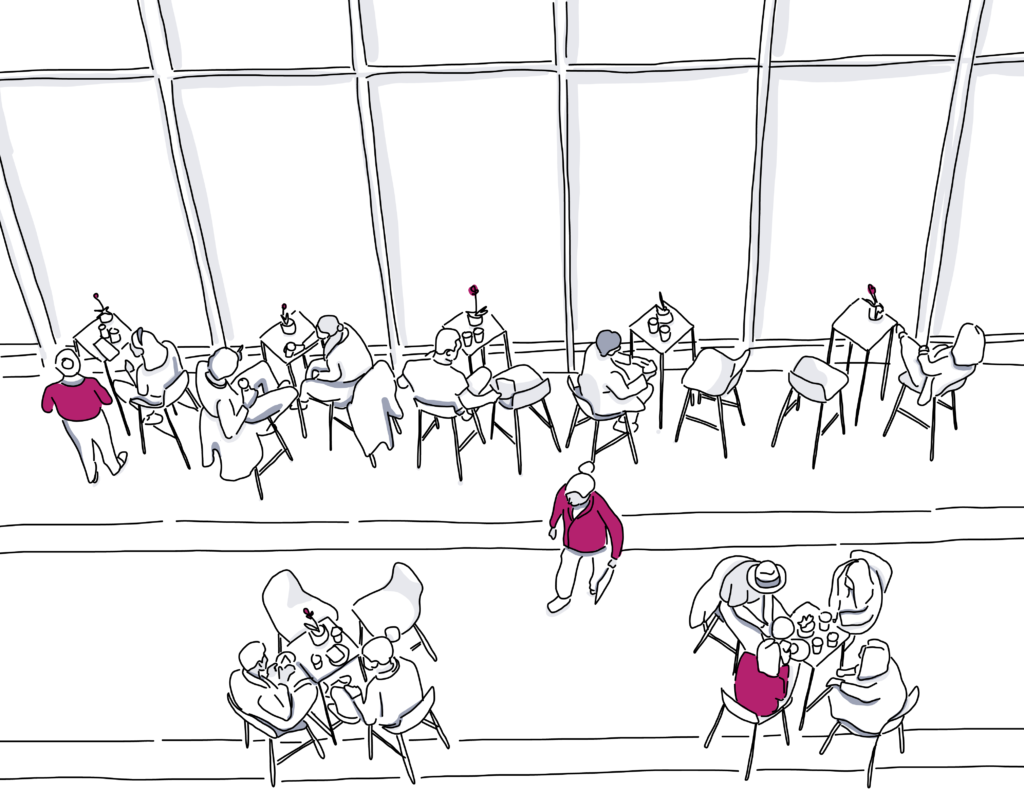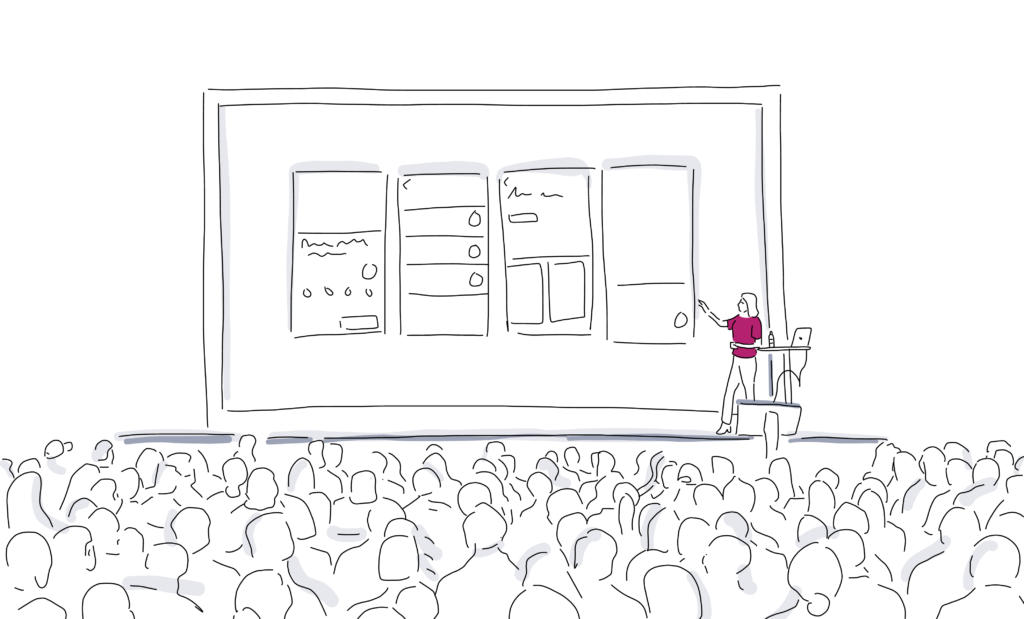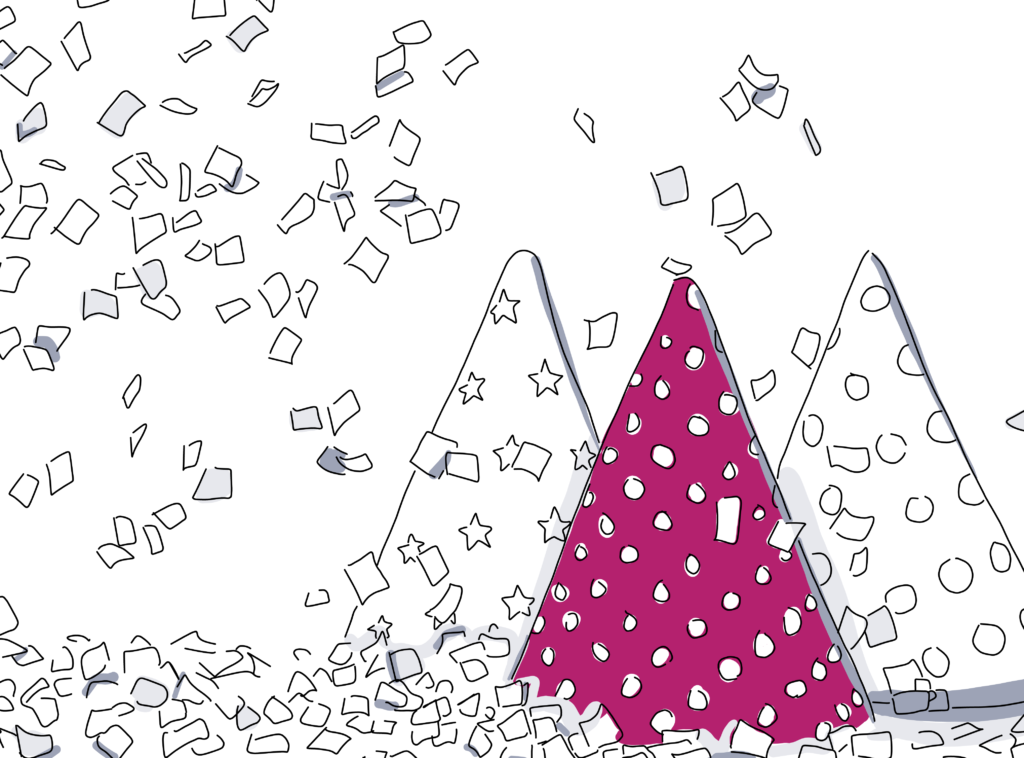
A Brief History of Event Planning & Coordinating (Plus Why It’s So Important)
I wish I could tell you that what I remember best from high school French class was how to converse a la Parisienne, but it’s not. It’s that the French Revolution began with a meeting on a tennis court.
Here's Why The History of Meetings & Event Planning Is Important

Meetings catalyze change. They influence participants’ thoughts and behaviors. Meetings enable business exchanges and establish bonds that strengthen alliances and form lifelong friendships.
1. When we meet, we change the world.
They generate new ideas and facilitate learning. They’re essential both to prevent and respond to crisis. Throughout history, meetings have ended conflicts − both major and minor, public and private − all over the world.
Don’t believe us? Watch this short video.
Being an event organizer is one of the most stressful careers, but when things come together, there's nothing like it.
2. Meetings mean more business.
Did you know meetings help drive business?
- 82 percent of small business owners say face-to-face events and in-person meetings are important. (98 percent of the small business owners in the tech community agree.)
- 99 percent of senior executives in mid-sized to large companies believe that in-person meetings helped them succeed, and 97 percent say that meetings deliver return on investment.
- These same senior executives say that meetings help them close deals, network, develop professionally and grow their bottom line and improve a team’s engagement, collaboration, professional development and productivity.
- Travel to and from meetings contributed an estimated $265 billion to the U.S. economy alone in 2013, employing 2.3 million Americans and generating $42 billion in tax revenue.
Here's Where the Meetings Industry is Headed - & The Outlook Is Bright!
Despite the power of meetings to change the course of history and generate revenue, the profession of meeting or event planner is a relatively young one.
3. The meeting profession is just starting and continues to grow.
In cities around the world, convention and visitor bureaus (CVB) and tourism bureaus compete to attract convention business. But the first CVB wasn’t established until 1896, in Detroit, Mich.
The first professional association for the meetings industry, International Association of Exhibitions and Events (IAEE), came into being in 1928. The Convention Industry Council (CIC) and Professional Convention Management Association (PCMA) were founded in the 1950s.
If it were a person, the largest association of meeting professionals, Meeting Professionals International, would be a Gen X-er, born in 1972. Under the same circumstances, the Certified Meeting Professional designation would be a Millennial, born in 1985.
That’s why so many meeting and event professionals have learned on the job. Until recently educational opportunities and professional degrees and certifications have been so hard to come by. But that’s changing.

4. The meetings & events industry continues to change, by leaps and bounds.
In 1995, a story in the first issue of Plan Your Meetings mentioned a piece of rare and expensive, but valuable, new technology that event organizers might want to purchase and bring on-site with them “ a cell phone (back when all it did was be a phone). Today’s professionals wouldn’t be caught dead without one.
Twenty years ago, it wasn’t unusual for a hotel’s entire sales team to share ONE email address. Now people not only have individual personal and professional email accounts, they multitask, prospect, network and curate content on a variety of social and digital platforms.
One thing hasn’t changed, however.
[Tweet "When we meet, we change the world."]

Now You Know the History of Event & Meeting Planning!
We know meetings have impacted our world, but how have meetings and events changed your life? Join @socialtables on Twitter to chat with us about your place in the event industry.
Up next, learn how to create an event timeline, and how to create the best event planning portfolio.

